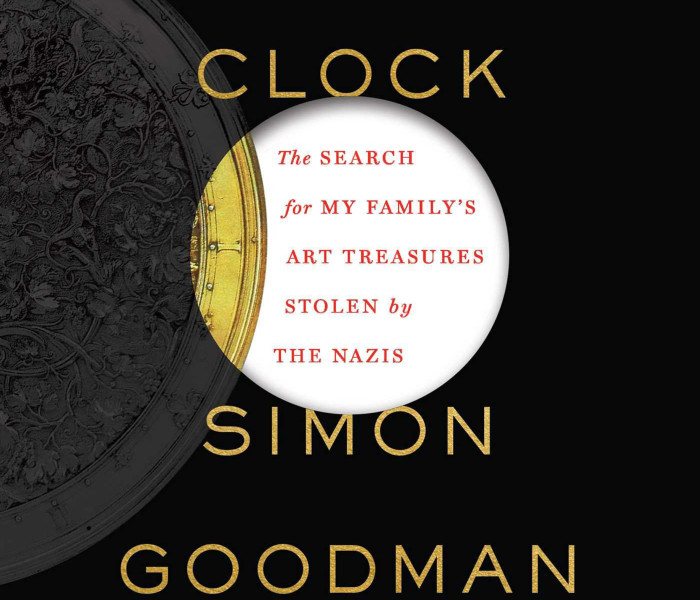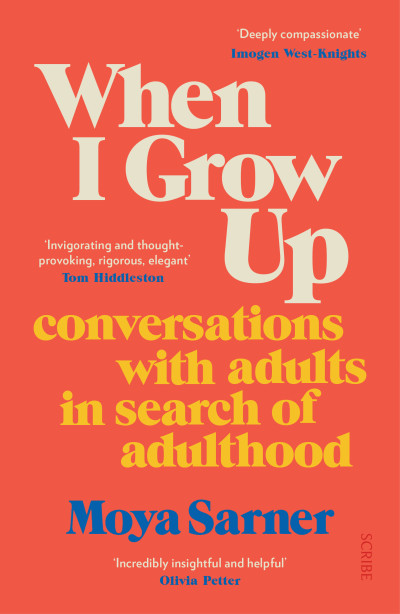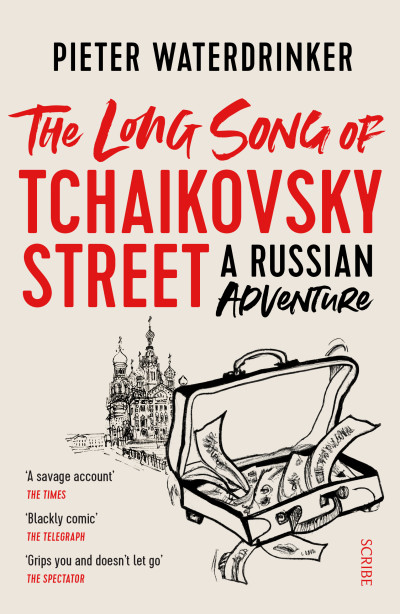The passionate, gripping true story of one man's single-minded quest to reclaim what the Nazis stole from his family — their beloved art collection — and to restore their legacy.
Simon Goodman's grandparents came from German-Jewish banking dynasties, and perished in concentration camps. That's almost all he knew about them — his father rarely spoke of their family history or heritage. But when he passed away, and Simon received his father's old papers, a story began to emerge.
The Gutmanns rose from a small Bohemian hamlet to become one of Germany's most powerful banking families. They also amassed a magnificent, world-class art collection that included works by Degas, Renoir, Botticelli, Guardi, and many, many others. But the Nazi regime snatched from them everything they had worked to build: their remarkable art, their immense wealth, their prominent social standing, and their very lives.
Simon grew up in London with little knowledge of his father's efforts to recover their family's prized possessions. It was only after his father's death that Simon began to piece together the clues about the Gutmanns' stolen legacy and the Nazi looting machine. Through painstaking detective work across two continents, Simon has been able to prove that many works belonged to his family, and to successfully secure their return.
Goodman's dramatic story, told with great heart, reveals a rich family history almost obliterated by the Nazis. It is not only the account of a twenty-year long detective hunt for family treasure, but an unforgettable tale of redemption and restoration.
'Simon Goodman has forensically pieced together what happened to his grandparents and their art collection after they were forced to sign it away to Hitler and Goering's art poachers ... The Orpheus Clock is not only a meticulously researched history of the Gutmann family, but a compelling detective story.'
Daily Mail
'The Orpheus Clock, Simon Goodman’s fascinating account of [his family's] quest for restitution, is at once a family history, a memoir, a mini-social history of Germany pre-1914, a Holocaust story, and a revealing look at the inner workings of the art world, of the museums and auction houses that control billions of dollars worth of art, often with no idea how much of it might have been stolen ... Gripping and horrifying.'
Christian Science Monitor
View all reviews
'An extraordinary tale of the rise and fall of a German Jewish banking family ... Anyone who has seen the film Woman in Gold, about Maria Altmann's similar struggle to find looted family art, will have a good idea of where this book is heading from chapter one. Still, this story of how a stubborn man took on the cultural bureaucrats and their culture of amnesia has its own twists and deserves to be told.'
Marcus Tanner, The Independent
‘Goodman’s book focuses on the terrible consequences of the 20th century’s racial and political beliefs on both human beings and their possessions ... Ultimately, however, it is the story of human triumph over obstinate bureaucracy and the illicit greed for beautiful objects.’
David Herkt, Dominion Post Weekend
‘Part world history, part real-life detective novel, [Orpheus Clock] is a sad reminder of greed and cruelty, as well as a fascinating insight into the murky world of international art dealing.’
Queensland Times
‘[D]etails [Goodman's] exhaustive detective work, the rigid standards of proof demanded of the victims and the determination of many well-known institutions, auction houses and collectors to hang onto their stolen treasures. Not the most comfortable reading, and the guilty will resent being identified, but let justice prevail.’
Listener
‘Goodman's dramatic story, told with great heart, reveals a rich family history almost obliterated by the Nazis. It is not only the account of a 20-year detective hunt for family treasure, but a remarkable tale of redemption and restoration.’
Australian Jewish News
‘[A] fitting testament to an extraordinary legacy.’
Launceston Examiner
‘Art lovers will revel in Goodman's finds and research. Other readers will simply be fascinated by his incredible personal story.’
Good Reading Magazine
‘Part detective story, part family history, wholly engaging … one you are likely to read in one sitting, such is the passion with which the story is told.’
John Graham, Toowomba Chronicle



















